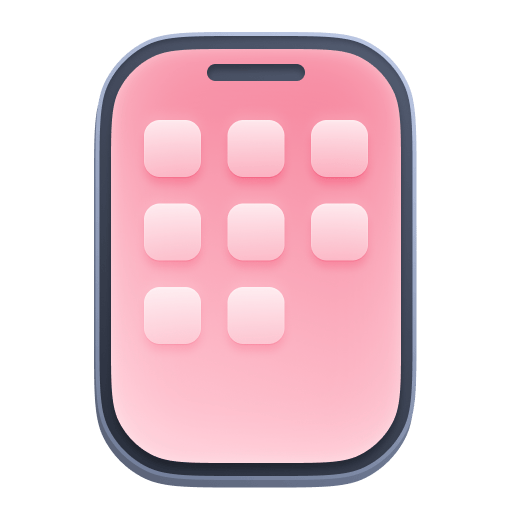Info.plist file
- Explanation
- 2-min read
When you use Dynatrace, the Info.plist file stores your app identification and configuration keys. Below is some information on this file.
-
The
Info.plistfile is available in the Xcode project navigator under Supporting Files. For older project files,Info.plistis located under Resources. -
Regardless of the selected approach to setting up RUM for your app, add your app identification keys (app ID and beacon URL) to your project's
Info.plistfile; theDTXApplicationIDandDTXBeaconURLkeys are always required. Without the app identification keys, your mobile app won't be able to send monitoring data to Dynatrace.To check your app identification keys, access the mobile instrumentation wizard.
-
You can also use
Info.plistto enable or disable additional monitoring features by adding configuration keys to this file. -
To keep your app's
Info.plistfile clean, you can move all OneAgent-relatedDTXkeys to aDynatrace.plistfile and addDynatrace.plistto theCopy Bundle Resourcesbuild phase. TheDynatrace.plistfile must be located at the root of your resources bundle, so create this file in the same location as theInfo.plistfile. -
In some instances, no
Info.plistfile is generated when you use Xcode. For example, when you create a new SwiftUI project, you might notice the project doesn't have this file. See Xcode Release Notes; issue 68254857 for more details.If you don't have the
Info.plistfile, add your app identification keys and configuration keys manually as Custom iOS Target Properties to the Info tab of your application target. Once you make that change, Xcode adds theInfo.plistfile to the project, but it's still better to update the configuration via the Info tab of your application target.
 Mobile
Mobile